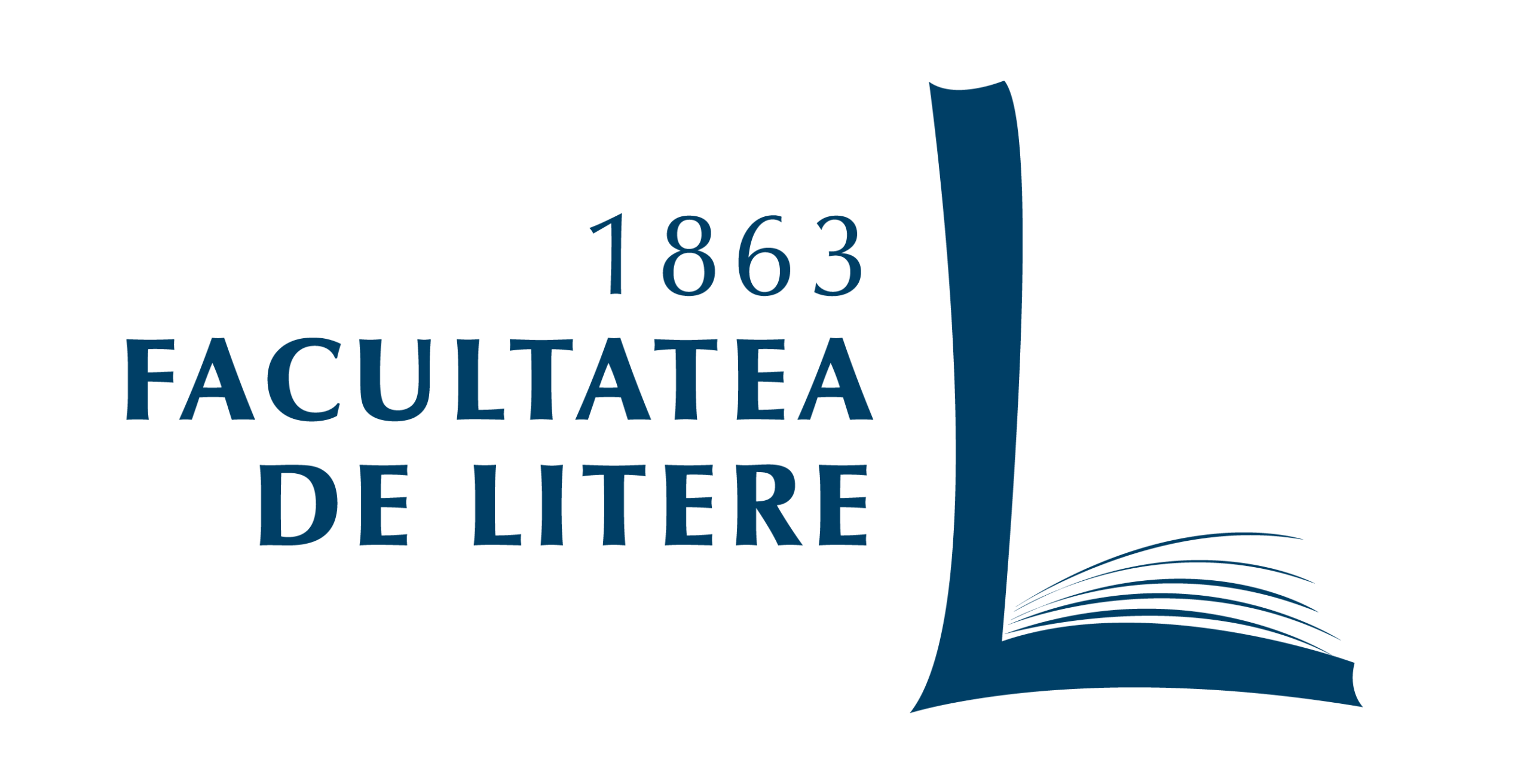Bucharest Ulysses 100 in June includes a Translation Round Table and the Bucharest Ulysses 100 Conference. We invite contributions and papers for the two events mentioned, which will take place on 7 and 8 June 2022, respectively. Both are sponsored by the Irish Embassy in Bucharest, thanks to His Excellency Ambassador Paul McGarry, and hosted by the University of Bucharest, the Faculty of Foreign Languages and Literatures—English Department—and the Faculty of Letters. The first Ulysses jubilee event will be the Round Table, organized on 7 June by the Faculty of Letters at its elegant Library in the Str. Edgar Quinet building. It will be a morning event, in praesentia if possible (but if necessary, online or hybrid). The plan is for the Round Table to be a public event bringing together experts and novices; students of literature and general readers interested in the Bloomsday world will be welcome to attend. The Conference, organized on 8 June by the English Department, will be online and will have a more explicitly scholarly focus.
We are happy to announce the presence, as an invited speaker, of Professor Enrico Terrinoni, the head of the Italian James Joyce Foundation. He will attend the Bucharest events both in his capacity of Ulysses translator and as an inspired/inspiring commentator of the book.
The Bucharest Ulysses 100 Conference on 8 June is dedicated to THE READABILITY OF ULYSSES, for which it proposes the following questions for discursive analysis:
- When and how does a reader get to know and care for the main characters?
- What are the identification signs for the main characters and how are they introduced?
- What are the objects that represent identification signs for other than the main characters and how are they introduced?
- How can we handle the conundrums, discontinuities and complexities which disturb the text’s linearity?
- How can the levers for decoding and enjoying the subtleties of the text be identified?
- What details act as traffic signs for orientation within the text’s overall allusiveness, catching the attention of readers and arresting their memory?
- What jocular associations and funny catch-words, images or species of humorous devices may attract readers to Ulysses?
Apart from these questions, which are meant to encourage a first-hand reader of Ulysses, veteran readers are invited to explain the new kind of canonicity set up by Joyce’s revolutionary compositional games, interpretable in the spirit of, say, Margot Norris’s Virgin and Veteran Readings of Ulysses published in 2011, by Palgrave MacMillan, New York.
For the Round Table on 7 June, the proposal is to focus on the experience of translation, in theory and practice. We suggest in particular that speakers might wish to comment on translations of some of the end-of-chapter scenes in Ulysses, for example the urination scene in “Proteus”, U 3. 453-469 or the ends of “Calypso”, U 4.500-517 , “Lotus Eaters”, U 5.565-72, “Hades”, U 6. 1007-1033, “Lestrygonians”, U 8. 1167-1193, etc. but other proposals for contributions relating to the translation of the novel will be most welcome.
To open the Round Table conversation, however, we invite all those attending to consider some experiential aspects, starting from the question:
What sparked your imagination and kept you going in step with Joyce’s text or made you return to it with renewed hopes?
and perhaps considering the following:
- Did you read the book in the original or in translation (e.g., in Romanian via Mircea Ivănescu’s translation, together with the Secolul XX fragment translations or commentaries)?
- When were your efforts rewarded? If you did get to the end – when and how did you achieve this performance?
- Did you make use of any commentaries, such Harry Blamires’s New Bloomsday Book – A Guide through UIlysses, Don Gifford and Robert Seideman’s Notes to Ulysses/Ulysses Annotated, or Frank Delaney’s podcasts in English?
- Have you read Ulysses 732: Romanul romanului by Mircea Mihăieș? Did any other books in your mother tongue help you?
The Organizing Committee—conf. dr. Ioana Zirra (ioana.zirra@lls.unibuc.ro), lect. dr. James Christian Brown (james.brown@lls.unibuc.ro), conf. dr. Catalin Constantin (catalin.conastantin@litere.unibuc.ro) —invites you to submit titles and abstracts (maximum 400 words) of your proposed conference papers or round table contributions by 30 April, 2022. You may participate in both the Conference and the Round Table. There is an agreement of principle that the Irish Embassy in Bucharest will help with the publication of a volume of the conference papers and round table exchanges.

